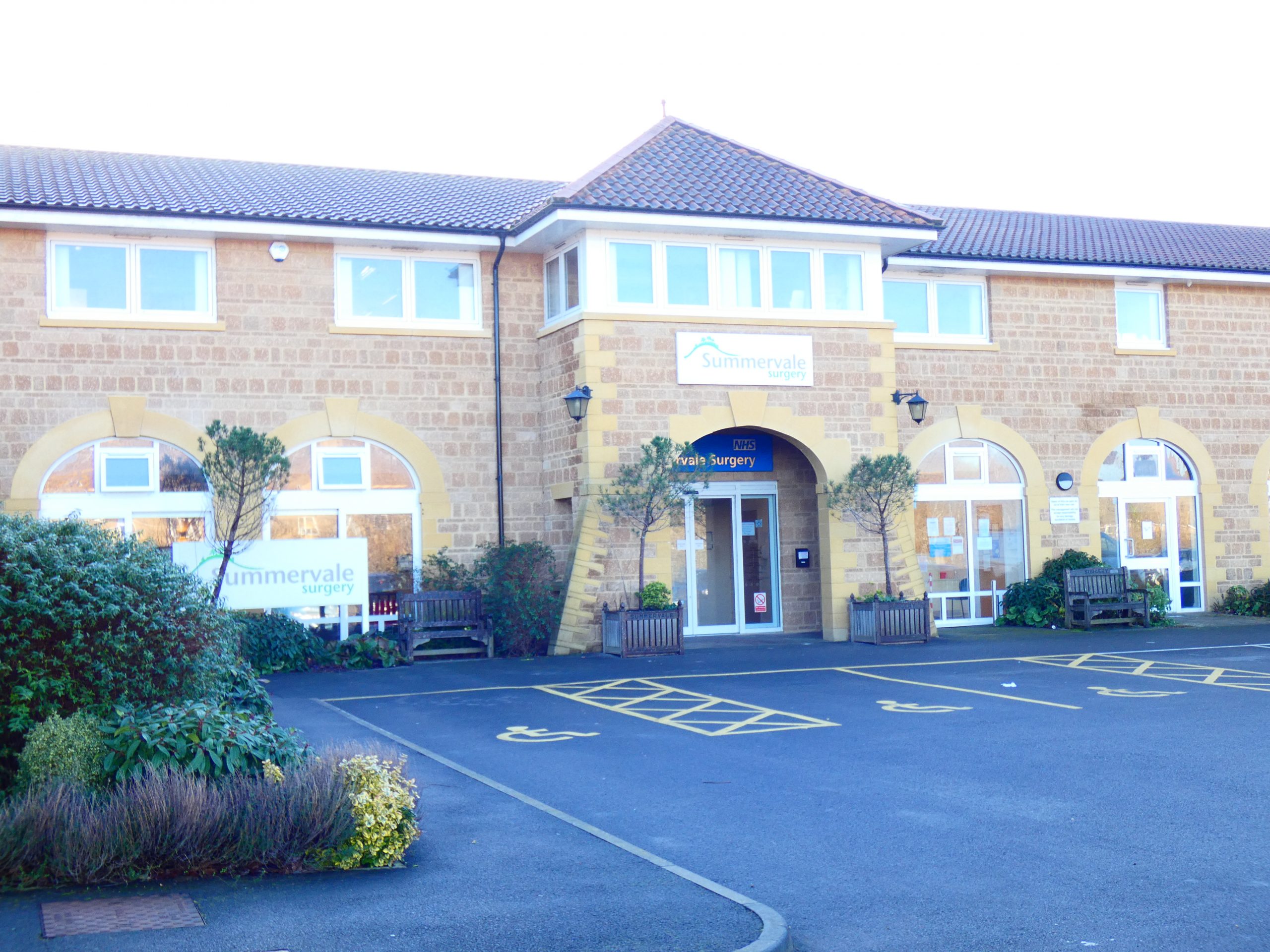1.Ask people if they have any information or communication needs, and find out how to meet their needs.
2.Record those needs clearly and in a set way.
3.Highlight or flag the person’s file or notes so it is clear that they have information or communication needs and how to meet those needs.
4.Share people’s information and communication needs with other providers of NHS and adult social care, when they have consent or permission to do so.
5.Take steps to ensure that people receive information which they can access and understand, and receive communication support if they need it.
Although not exhaustive, the standard is likely to apply to people who are blind and/or deaf, those who have some hearing or visual loss, and people with learning disabilities.
Successful implementation of the Standard aims to lead to improved outcomes and experiences, and the provision of safer and more personalised care and services to those individuals who come within the Standard’s scope.
At practice level we will be making sure that we amend our commonly used forms to ask patients if they have any special communication needs. We will then record any on the patient’s medical record so that anyone seeing the patient is aware that the patient may need assistance with communication. We will make sure that all our forms are available in larger print for patients.
If you do have any special communication needs please make sure that you let us know so that we can help.





